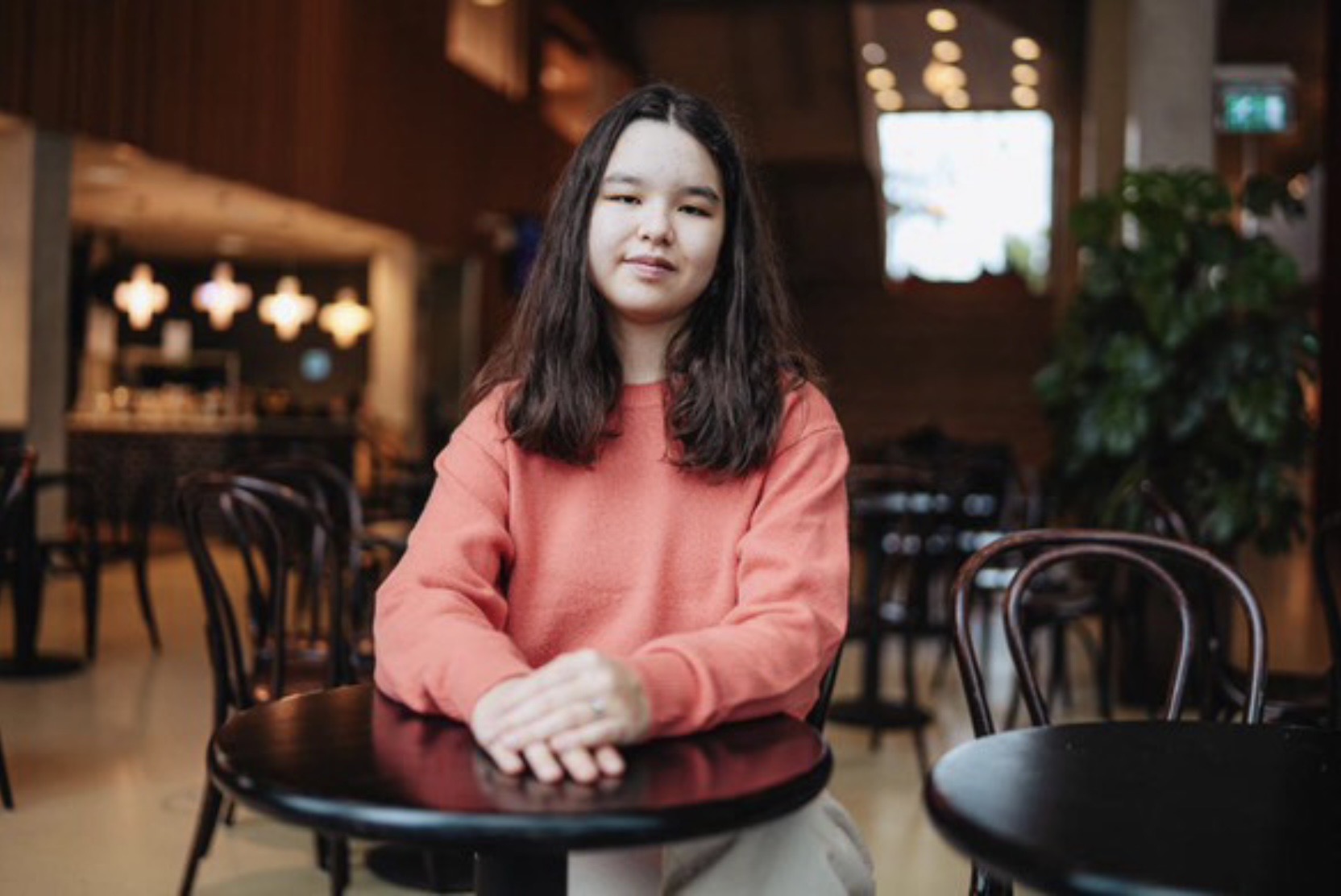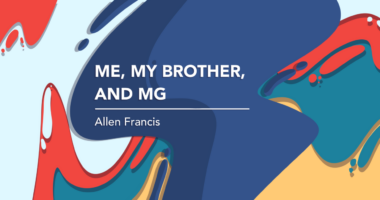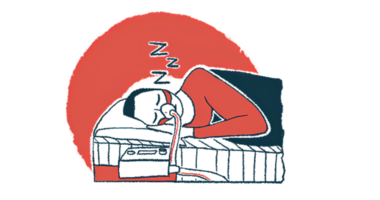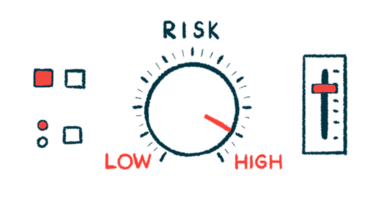Guest Voice: Studying abroad with MG helped redefine my goals
How the diagnosis has shaped my college experience

Aliya Askhatkyzy shares her tips and insight for studying abroad while managing myasthenia gravis. (Courtesy of Aliya Askhatkyzy)
I was diagnosed with myasthenia gravis (MG) a month before I was supposed to start my bachelor’s program in Amsterdam, Netherlands. I had just finished high school and was dealing with numerous medical tests and doctor appointments when I had to learn how to cope with chronic illness. But what seemed the heaviest of burdens actually gave me, unexpectedly, a new sense of purpose.
I had planned to study ecology and envisioned a career in conservation, but during the months of my numerous doctor visits, tests, and treatments, I realized that the process of figuring out my diagnosis fascinated me. I became interested in learning how the human body works and couldn’t imagine studying anything else.
I was especially drawn to exploring the complexity of the immune system and was fortunate to have an excellent neurologist back home. She not only helped me understand my condition but also taught me to stay hopeful.
After arriving in Amsterdam, I decided to switch my field of study to biomedicine. Luckily, my university allowed it. Looking back, that change was one of the first ways MG helped me redefine my life goals, and I couldn’t be more grateful. I’m now minoring in neuroscience and planning to continue studying with a doctor to eventually become a clinician. I hope my personal experience will make me a better doctor.
Preparing for college
Deciding to pursue university abroad with a chronic illness is not an easy decision and requires a lot of planning. I consider it essential to make sure the university can provide the necessary accommodations, such as extra time for exams, flexible attendance policies, and accessible housing. I would also recommend ensuring the dorm is conveniently located near the campus and that the buildings have elevators. Make sure to inform the university about the medical condition in advance, send a doctor’s note, if applicable, and discuss everything with an academic adviser, if possible.
In this regard, I was fortunate. During my first semester, I experienced my first myasthenic crisis, which required me to return home and be admitted to the hospital as fast as possible.
My adviser helped me communicate the situation to my professors and plan the remaining coursework while I was away. Even after missing half of the first semester, I was able to complete my coursework thanks to the support I received from my professors, friends, and university staff. This made me realize that it is extremely important to discuss your condition with your network and inform your friends about the possible scenarios related to the disease.
Another thing I did was register with a local general practitioner and make sure that my insurance covered the urgent treatment I might need.
I always keep a note in my purse or backpack with my medical information, including my blood type and diagnosis, in case of an emergency. One of my friends also has a key to my apartment, just in case something happens and it might be needed.
Everyday symptom management

Aliya Askhatkyzy browses books in Amsterdam, Netherlands, in April 2025. (Courtesy of Aliya Askhatkyzy)
The main thing that makes studying abroad and living alone possible for me is the daily nonnegotiables I do to stay relatively stable. These include:
- Prioritizing taking all of my required medications on time, no matter what. I also keep extra medication on hand.
- Sleeping at least eight hours a night, with a goal of going to bed by 11 p.m.
- Setting boundaries and never comparing my progress with someone else’s, as stress worsens the symptoms of most chronic diseases.
- Preparing meals in advance on days when I have more strength. This helps me on the days I feel weaker.
Some reflections
Despite all the hardships that come with MG, I’ve also gained a new hobby. On the days when I’m unable to study or attend university, I learn languages while sitting or lying down. It helps me feel connected to the world and has become a form of self-care. It reminds me that I can still pursue my favorite activities, even when my body is failing me.
Living with MG showed me that strength isn’t always about pushing harder; it’s also about knowing when to slow down, rest, and listen to your body. It helped me identify my passion, even though sometimes it feels like the world is falling apart.
I know my story might sound “too positive,” but I was truly lucky with my circumstances and the support I received from people around me. MG affects everyone differently, and not every experience is the same as mine. Still, I hope that by sharing this side of it, I can offer some hope to people affected by this disease.
To submit your own Guest Voice for publication on Myasthenia Gravis News, please email your idea to our columns manager at [email protected] with the following included in the subject line: “Guest Voice: Myasthenia Gravis News.”
Note: Myasthenia Gravis News is strictly a news and information website about the disease. It does not provide medical advice, diagnosis, or treatment. This content is not intended to be a substitute for professional medical advice, diagnosis, or treatment. Always seek the advice of your physician or other qualified health provider with any questions you may have regarding a medical condition. Never disregard professional medical advice or delay in seeking it because of something you have read on this website. The opinions expressed in this column are not those of Myasthenia Gravis News or its parent company, Bionews, and are intended to spark discussion about issues pertaining to myasthenia gravis.








Leave a comment
Fill in the required fields to post. Your email address will not be published.